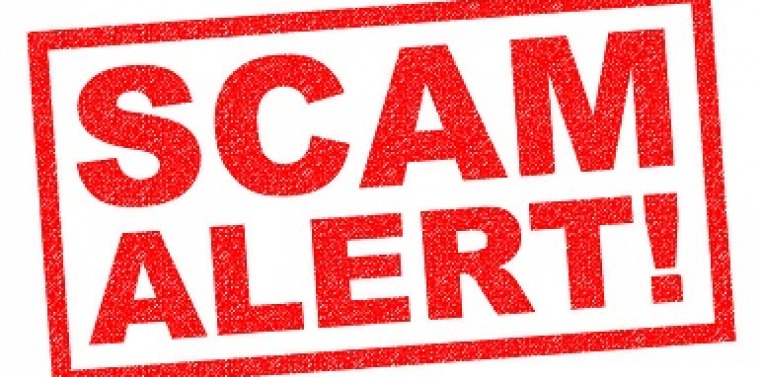
Bollinger Shipyards delivers 44th Fast Response Cutter to Coast Guard
April 23, 2021
SLECA warns of phone scam
April 23, 2021April is National Stress Awareness Month and the residents of the state of Louisiana have experienced their fair share of stress in the past year –many Louisianans are struggling to recover from the successive blows of hurricanes Laura, Delta, Zeta and the severe winter storms on top of the nearly yearlong stress and worries of a pandemic. The same is true throughout the nation where hurricanes, wildfires and other disasters came one after another while Covid-19 fears spread.
It is normal for any disaster response to increase stress and fatigue. One of the symptoms is finding it hard to make decisions when so many decisions must be made about your recovery.
Survivors of hurricanes Laura, Delta and Zeta and the Feb. winter storms who are already registered with FEMA may find that the process of recovery sometimes feels like an impossible task.
Stress related to the disaster, which could be compassion fatigue, burnout, secondary traumatic stress, and other stress-related health issues, may be why it can be difficult to make decisions. Feeling frustrated, arguing more and being physically and mentally drained are other symptoms of emotional exhaustion that can reshape how people make choices. You may not be eating or sleeping or doing too much of both. You are not alone. These are human reactions to the strain of adapting over and over to situations that threaten your survival and/or ability to cope.
The good news is that with each positive action you add towards your recovery, you feel better and more in control. One cost-free action you can take now is creating and practicing a family plan for future emergencies.
You can also meet with your insurance agent to be sure your coverage will address your future needs. Be sure to check with the agent about flood insurance, which pays for flood damage even when a disaster is not declared by FEMA.
Most responses to stress related to disasters are temporary and will go away over time. Stress response during disasters is normal.
For those who are experiencing emotional distress related to any natural or human-caused disaster, the Disaster Distress Helpline is available. Survivors can call or text 1-800-985-9500 24 hours a day, 7 days a week, 365 days a year, or visit Disaster Distress Helpline | SAMHSA. The Disaster Distress Helpline is toll-free, multi-lingual and confidential and is available to everyone affected by a disaster.
The Crisis Counseling hotline is also available and is open 24 hours a day, 7 days a week. Call 800-985-5990 (TTY 800-846-8517) or text TalkWithUs (Spanish-speakers text: Hablanos) to 66746 to be immediately connected with a professional counselor who will help callers through disaster-related emotional distress. This toll-free, multilingual and confidential free service is available to everyone in the state.
Don’t give up, FEMA and its partners are here to help survivors through the recovery process. For disaster assistance questions and concerns, call the FEMA Helpline at 800-621-3362 (TTY 800-462-7585).
For the latest information on Hurricane Laura, visit Louisiana Hurricane Laura (DR-4559-LA). For updates on Hurricane Delta, visit Louisiana Hurricane Delta (DR-4570-LA). Hurricane Zeta material is found at Louisiana Hurricane Zeta (DR-4577-LA). For updates on the Winter Storms, visit Louisiana Severe Winter Storms (DR-4590-LA). Follow the FEMA Region 6 Twitter account at twitter.com/FEMARegion6.







